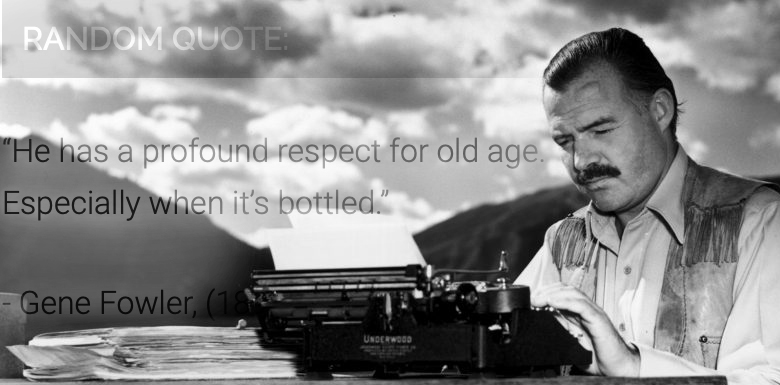The Thing About Hemingway…
I’m reading Hemingway’s novel, Death in the Afternoon, and I like it.
It is a detailed explanation of bullfighting.
Not a story about a bullfighter.
Bullfighting.
I have no interest in bullfighting. None.
The book has no character arc because it has no characters. It has narrative, but no narrative arc. No plot, no moments of crisis, no heroism, no romance.
It is essentially an instruction manual.
Why do I find myself drawn to this book?
Yesterday morning I said to Pennie, “Hemingway is teaching me some things I can’t quite put into words, but as soon as I can figure out how to explain them, I’ll tell you what they are.”
She was moving laundry from the washer to the dryer. “Read me a page that you liked.”
“Page one hundred and twenty. Hemingway has been explaining how the bulls of Salamanca differ from the bulls of Andalucia when – out of nowhere – he inserts a literary device I’ve never seen in a book.”
“What kind of literary device?”
“He imagines a reader’s reaction to his book, then, speaking as that reader, he criticizes the author for not doing the thing that made him famous. Then, as the author, he accommodates this imaginary reader by inserting an imaginary conversation with an imaginary woman. It’s the same kind of multi-layered self-talk Robin Williams used to do.”
“Read it to me.”
But, you say, there is very little conversation in this book. Why isn’t there more dialogue? What we want in a book by this citizen is people talking; that is all he knows how to do and now he doesn’t do it. The fellow is no philosopher, no savant, an incompetent zoologist, he drinks too much and cannot punctuate readily and now he has stopped writing dialogue. Someone ought to put a stop to him. He is bull crazy.
Citizen, perhaps you are right. Let us have a little dialogue.
What do you ask, Madame? Is there anything you would like to know about the bulls?
Yes, sir.
What would you like to know? I’ll tell you absolutely anything.
It is a difficult thing to ask, sir.
Do not let that trouble you; talk to me frankly; as you would to your doctor, or to another woman. Do not be afraid to ask what you would really like to know.
Sir, I would like to know about their love life.
Madame, you have come to just the man.
Pennie smiled and nodded her head. Then she handed me a gang of shirts on hangers and told me to put them in my closet.
I hung the shirts on the doorknob of the laundry room and said, “It’s like that time I took Chris with me to Seattle.”
“That time he began speaking to an imaginary television audience in that seafood restaurant?”
“Yeah. He just put down his fork, stared at a point on the wall across the room and said, ‘Hello there, friends. It’s time, once again, for Workin’ It, with Chris Maddock.’ After a 5-minute opening monologue, he turned and began talking to a guest on his show; an invisible woman seated next to him. Never cracked a smile. Never broke character.”
“How did the show end?”
“He just picked up his fork and started eating again.”
“What year was that?”
“1999”
“When did Hemingway write the bullfight book?”
“1932”
As she picked up a stack of folded towels, she said, “When we’re surprised by weirdly unexpected twists and turns, it makes the journey more interesting.”
I nodded my agreement and lifted the shirts off the doorknob.
“Maybe you should do that in a Monday Morning Memo.”
“Maybe I will.”
Roy H. Williams
